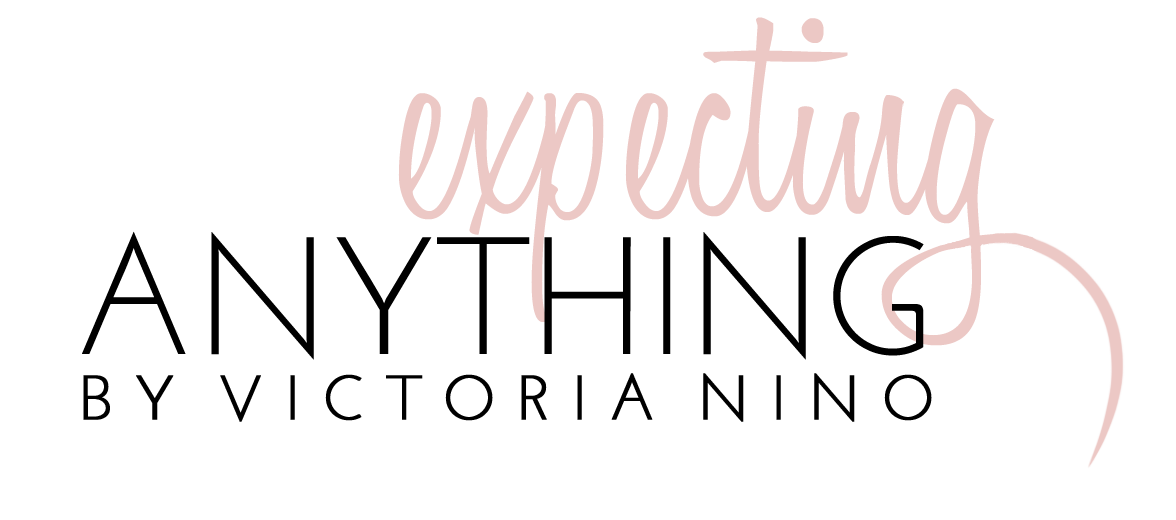This post is in partnership with Donor Egg Bank USA, to help educate and provide support for those considering donor eggs.
If you’re navigating infertility and considering donor conception whether it be egg donation, embryo donation or sperm donation, you’ve likely faced an overwhelming number of “what-if” questions. The uncertainty can feel all-consuming, and if you’re anything like me, you may have found yourself trapped in an anxiety spiral.
From the moment I received my infertility diagnosis, I was flooded with doubts:
What if I never get pregnant?
What if IVF doesn’t work?
What if I finally do get pregnant and then lose the baby?
When I learned I would need donor eggs to conceive, the questions only intensified:
What if my baby doesn’t look like me?
What if people don’t see me as the “real mom”?
What if my baby doesn’t bond with me?
What if I don’t bond with my baby?
What if my child wants to meet the donor one day?
What if my child resents me one day?
What if donor eggs don’t even work for me?
What if I’m not meant to be a mom?
Facing the Fear of DNA Loss
At the peak of my “what-if” anxiety, I felt completely lost. I feared that without sharing DNA, I wouldn’t truly belong with my child, and my child wouldn’t belong with me. I worried so much about how other people would view us - from friends and family to strangers passing by at the grocery store. I kept repeating the same story in my head that if we didn’t look alike, we wouldn’t belong together the way other families did.
I thought we needed to look like other families to belong in the world. I thought what I wanted was to “fit in” and be like everyone else. Everywhere I looked I saw families that looked alike – on TV, at the grocery store, and in my own family. I had created an internal definition of what family was based on this narrow perspective. Once I started talking to others who had built their family with the help of a donor or adoption, my belief system started to shift. I saw these families as beautiful and strong. I saw their place in society as true meaningful belonging. They didn’t belong because they looked alike, they belonged because they were a family that loved each other deeply.
It gave me hope that we could belong too.
And we do.
Belonging is nurtured, not inherited, and true belonging is a feeling of being accepted for who you truly are, not for being like everyone else.
Brené Brown puts it perfectly:
“Fitting in is about becoming who you need to be to be accepted. Belonging doesn’t require us to change who we are; it requires us to be who we are.”
Belonging in my family started from the day my children were born and continues to build over thousands of little moments we share every single day that bond us together. It’s in the way my daughter rests her head on my shoulder when she’s tired, trusting that I will keep her safe. It’s in the way we all giggle at bedtime over silly stories, creating memories that are just ours. It’s in the way my son needs to be touching me to go to sleep, because I am his comfort.
My children belong with me because I am their home, and they are mine. We belong together.
I see myself in them all the time—not in their eye color or the shape of their noses, but in the way they light up when they learn something new, in their compassion toward others, their messiness, creativity, sense of humor and love for organizing and dance parties. These are the things I nurture, the parts of them that reflect the love and values I pour into our lives together.
So, I no longer ask, what if we don’t belong to each other?
Instead, I know—we belong to each other in the deepest, truest way possible.
Shifting the “What-If” Mindset
Instead of letting fear control me, I started to reframe my what-ifs into positive possibilities:
What if our bond is actually stronger because of this?
What if the child always meant for me, needs me to say yes to donor eggs?
What if I am meant to be a mom by taking a different path to get there?
What if this process makes me a more intentional, thoughtful parent?
What if I get to model resilience and open heartedness for my children?
What if my child’s unique genetic makeup brings something amazing to our family?
What if my unconditional love, transparency and safety are more than enough?
What if, years from now, I look back and realize I wouldn’t change a thing?
Spoiler alert — these all came true.
Grieving and Embracing the Possibilities
Letting go of passing on my genetics was a grieving process, and I had to revisit that grief multiple times. But alongside it, I allowed myself to embrace the beauty of what could be. It’s possible to hold both emotions at once: the loss and the excitement for what’s ahead.
The negative what-ifs still pop up, very rarely, but when they do, they no longer control me. I trust in the love I give and the relationships I am building with my children every single day.
They are me and I am them.
Love is the Strongest Bond
What if love, not genetics, is the most powerful force in a relationship with our children? I have seen this firsthand and can tell you it’s true.
If you’re on this journey, know this: Your love, your presence, and your devotion are what matter most. You are enough. Your child will be yours in every way that counts. And the “what-ifs” will fade, leaving only the beautiful certainty that you are, and always will be, their mother.






